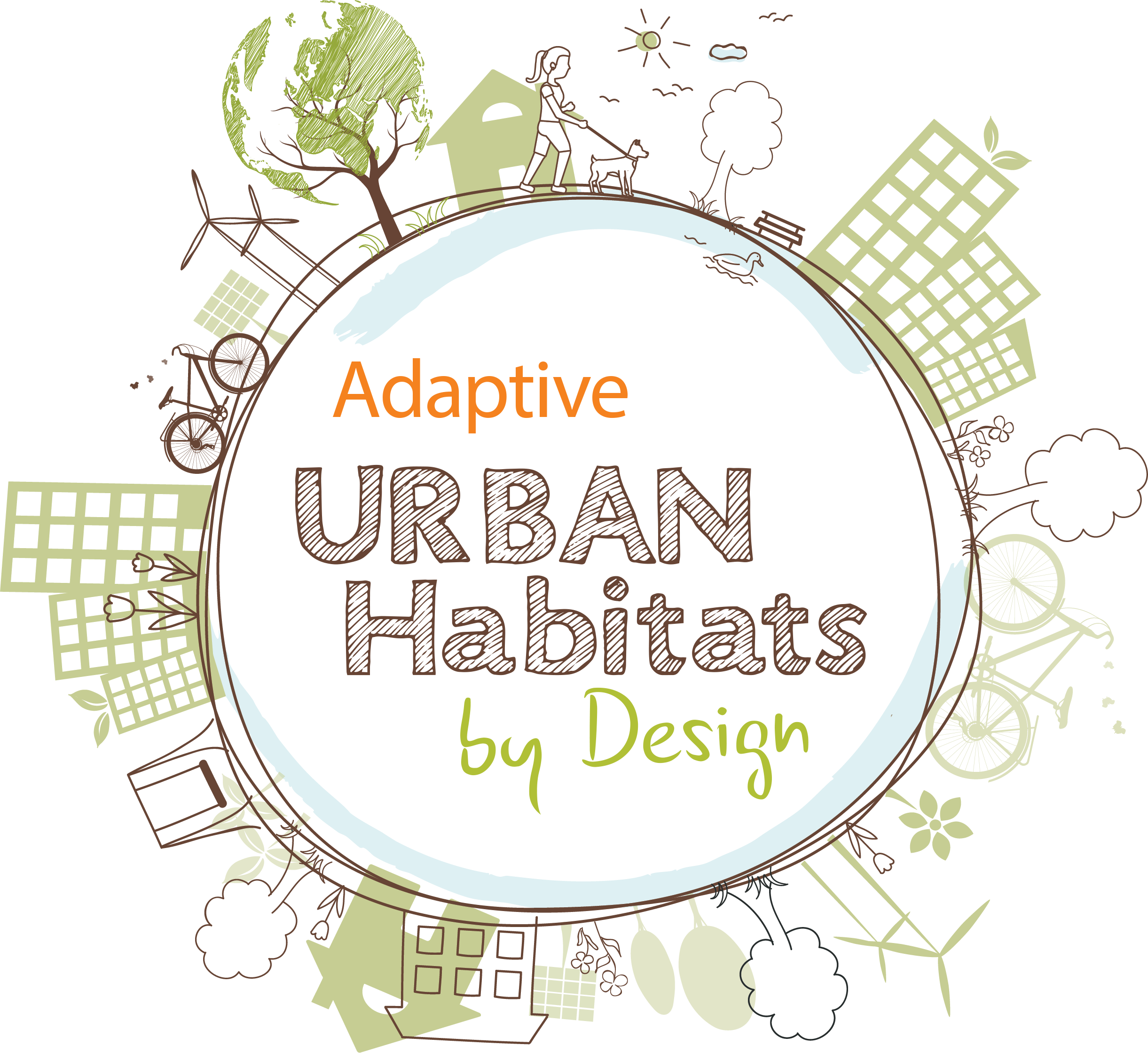 2018 Ontario Climate Symposium
2018 Ontario Climate Symposium
Frugal Futures: Transforming Urban Food Landscapes through Sustainable Production and Consumption
Back to the 2018 Ontario Climate Symposium Program
TRACK 2
Thursday October 11, 2018
10:00 am to 12:00 pm | Room 240
This panel focuses on the ways resilient thinking and frugality might transform future cities and urban practices, opening up paths for sustainable production, consumption, and societal organization.
Whether using passive solar heated greenhouses as a strategy for creating resilient, low carbon, urban food production systems, approaching and repurposing food waste as a resource for creativity and innovation, or incorporating art, modernization, and community building into design, panelists will venture into their sustainable vision for Southern Ontario and future modes of urban settlement, taking into account the complex interactions among economy, society, and the environment.
MODERATOR
Bruce Frayne | Associate Professor, University of Waterloo
 Bruce Frayne is Director and Associate Professor in the School of Environment, Enterprise and Development. He is an Urban Planner and Geographer, and teaches in the International Development program.
Bruce Frayne is Director and Associate Professor in the School of Environment, Enterprise and Development. He is an Urban Planner and Geographer, and teaches in the International Development program.
His research interests fall within the broad ambit of sustainable cities, and encompass the three related areas of human migration, urbanization and food security. Bruce’s regional focus is Sub-Saharan Africa and China.
PANELISTS
Alex Chapman | City of Guelph
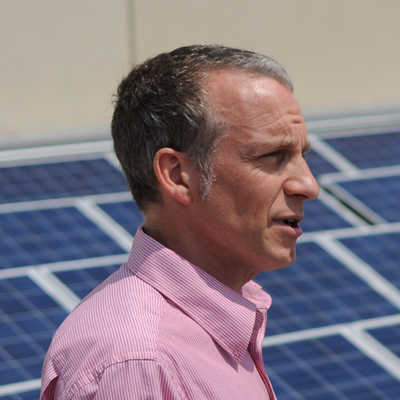 Alex Chapman is Manager of the Climate Change Office for the City of Guelph. He holds a Bachelor of Applied Science in Civil Engineering from the University of Toronto, a Master of Business Administration from McGill University, and is a Certified Energy Manager, a Certified Energy Auditor and a certified Renewable Energy Professional.
Alex Chapman is Manager of the Climate Change Office for the City of Guelph. He holds a Bachelor of Applied Science in Civil Engineering from the University of Toronto, a Master of Business Administration from McGill University, and is a Certified Energy Manager, a Certified Energy Auditor and a certified Renewable Energy Professional.
In his diverse career he has done project engineering in the pulp and paper industry, academic research for the Technical University of Delft in the Netherlands, sub-sea pipeline installation in Europe for the oil and gas sector, business analysis and IT project management for one of the world’s largest professional services firms, and sales and marketing for a solar energy installation contractor.
He serves on the Energy Task Force of the Association of Municipalities of Ontario and the IESO Data Strategy Advisory Council, and is a member of the Association of Energy Engineers.
Ian D. Clarke | Associate Dean, OCAD University
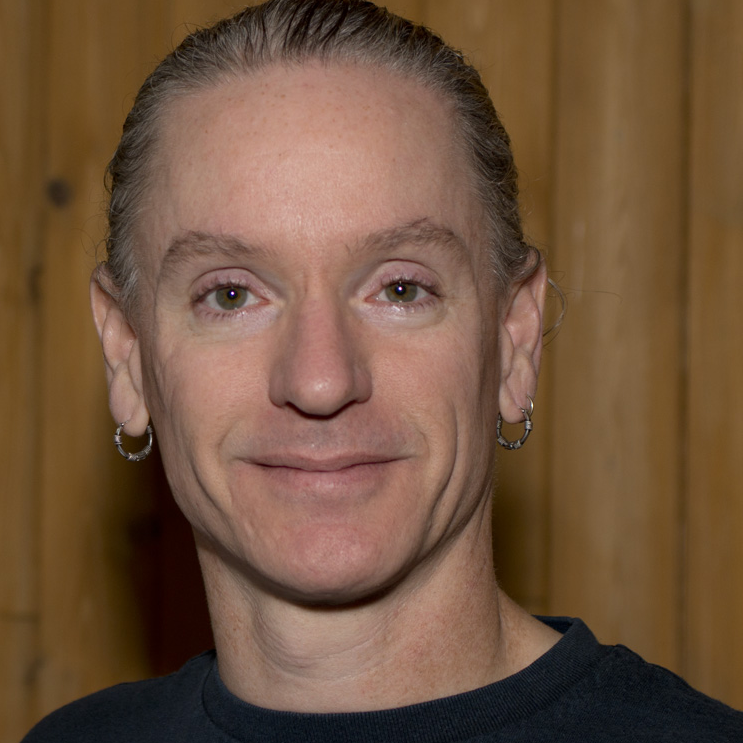 Ian D. Clarke is a book-artist, printmaker, photographer, scientist and designer. He holds a PhD in Biochemistry from Queen’s University and graduated in Printmaking from the Ontario College of Art & Design. Currently he is the Associate Dean of Research and Academic Affairs in the Faculty of Liberal Arts and Sciences and School of Interdisciplinary Studies at OCAD University.
Ian D. Clarke is a book-artist, printmaker, photographer, scientist and designer. He holds a PhD in Biochemistry from Queen’s University and graduated in Printmaking from the Ontario College of Art & Design. Currently he is the Associate Dean of Research and Academic Affairs in the Faculty of Liberal Arts and Sciences and School of Interdisciplinary Studies at OCAD University.
He has published numerous scientific papers on Brain Tumour Stem Cells and Genomics in international journals such as Nature, Cancer Cell, Cell Stem Cell and the Proceedings of the National Academy of Science. He has served as a board member and vice president of The Canadian Bookbinders and Book Artist’s Guild.
His current research focuses on urban agriculture and passive solar heated greenhouse design.
Selmin Kara | Associate Professor, OCAD University
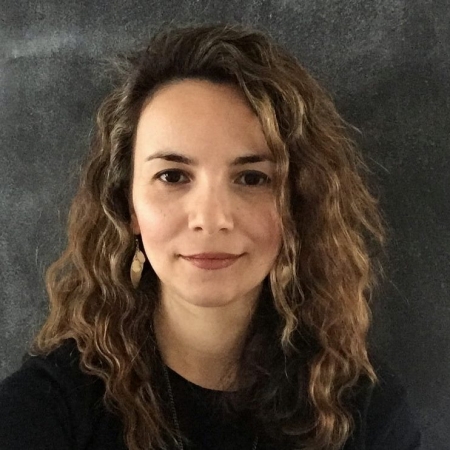 Selmin Kara is an Associate Professor of Film and New Media at OCAD University. She has critical interests in digital aesthetics and the ecological imaginary in cinema, and is currently working on a book project exploring the cinematic representations of the Anthropocene.
Selmin Kara is an Associate Professor of Film and New Media at OCAD University. She has critical interests in digital aesthetics and the ecological imaginary in cinema, and is currently working on a book project exploring the cinematic representations of the Anthropocene.
Selmin is the co-editor of Contemporary Documentary and her work has also appeared in Post-Cinema: Theorizing 21st Century Film, the Oxford Handbook of Sound and Image in Digital Media, Studies in Documentary Film, Music and Sound in Nonfiction Film, and The Philosophy of Documentary Film.
Helen Kerr | Assistant Professor, OCAD University
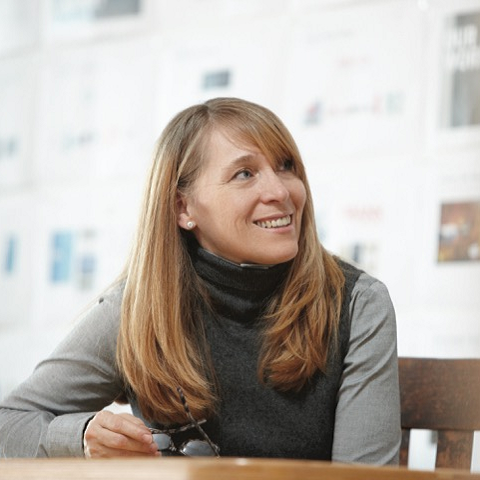 Helen Kerr’s multi-disciplinary work combines design, foresight and strategy to understand resilience, now and in the future, in complex situations.
Helen Kerr’s multi-disciplinary work combines design, foresight and strategy to understand resilience, now and in the future, in complex situations.
An assistant professor and researcher in the Master of Design in Strategic Foresight and Innovation program at OCAD University, she has been principal investigator for foresight projects in the government, healthcare, education, arts and financial sectors, leading participatory and co-creative processes involving wide engagement.
Her most current project focused on exploring the futures of land use and multi-modal transportation in Southern Ontario for 2071.
Alia Weston | Assistant Professor, OCAD University
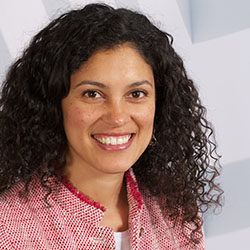 Alia Weston is an Assistant Professor at OCAD University. She has an expertise in the areas of business management and design, and her research is focused on understanding how creativity and business can contribute to positive social change. Key themes in her research include exploring creative resistance within resource constrained environments, and exploring how alternative business practices can contribute to solving key challenges in society.
Alia Weston is an Assistant Professor at OCAD University. She has an expertise in the areas of business management and design, and her research is focused on understanding how creativity and business can contribute to positive social change. Key themes in her research include exploring creative resistance within resource constrained environments, and exploring how alternative business practices can contribute to solving key challenges in society.
Alia’s work has been published in a diverse range of media. This includes scholarly work in Organization journal, edited collections on Critical Perspectives on Entrepreneurship, and Precarious Spaces: The Arts, Social & Organizational Change, as well as The Globe and Mail
In conjunction with her research she hosts workshops and exhibitions which engage with issues related to creative and sustainable work practices. A notable example is the (Re)² Reconstructing Resilience, conference and art exhibition.
